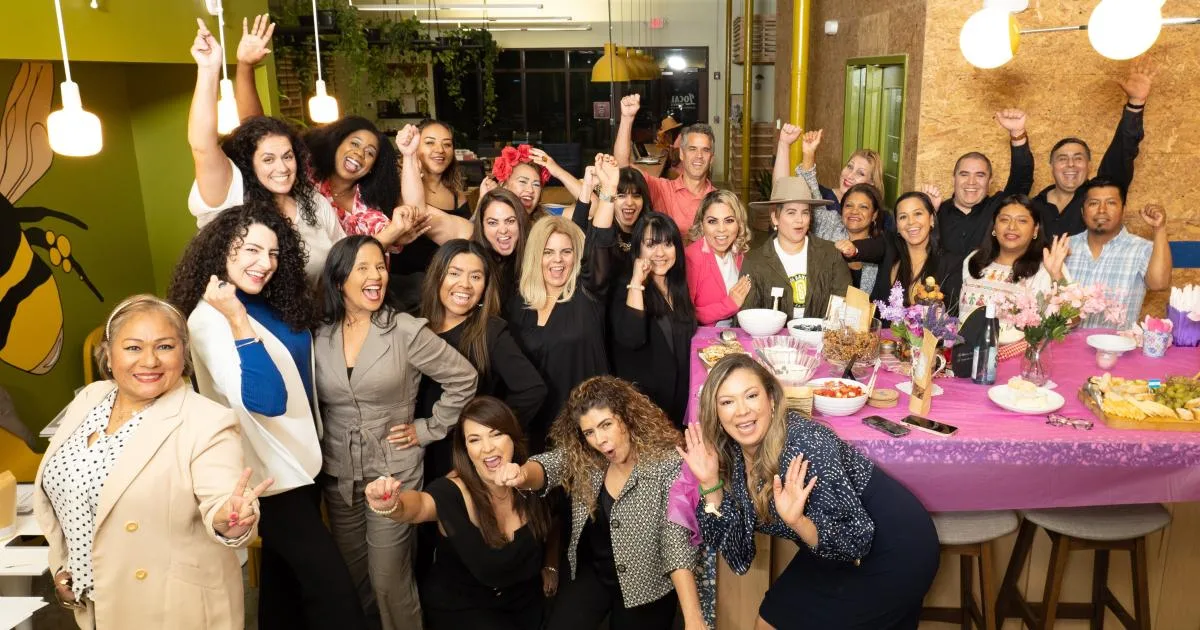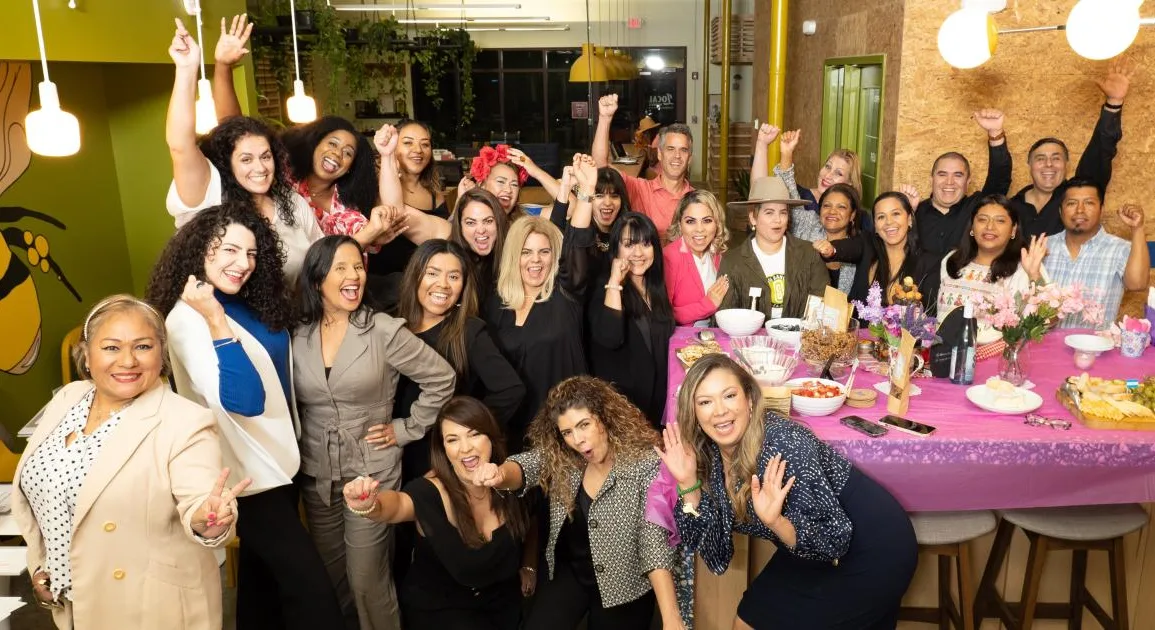
In 2007, Lowcountry Local First (LLF) opened its doors in Charleston, South Carolina. The founders of this non-profit organization wanted to advance economic prosperity and local ownership through innovative and inclusive initiatives—exactly the kind of initiative that would benefit from EDA’s investment.
LLF team members embarked on a listening tour to learn more about entrepreneurship training programs that were already up and running, hoping to incorporate best practices into their program. Their travels took them to Rising Tide Capital, a New Jersey nonprofit whose mission is to transform lives and communities through entrepreneurship. LLF officials were so impressed with their model and their track record, opting to replicate it in the Palmetto State.
In time they developed the Good Enterprises (GE) initiative to support economically distressed and underserved communities in Charleston’s Chicora Cherokee neighborhood. The initiative was designed to help entrepreneurs achieve economic sustainability through business training, financial literacy, acceleration and incubation.
EDA was the first funder of this program, providing LLF with a $460,000 Economic Adjustment Assistance grant supporting GE and its Community Business Academy. The program launched in 2019 and has demonstrated great success in providing economic resources to traditionally underserved communities, reflecting EDA’s investment priorities of equity and opportunity for all.
“EDA funding has allowed us to broaden our outreach efforts with an equity mindset and to extend targeted, culturally competent resources to traditionally overlooked entrepreneurs,” said Jacquie Berger, Executive Director. “Our average participant is an African American woman in her 40s, mother of two, with limited to no savings to start a business.”
LLF’s Credit to Capital program, which provides coaching to help students repair and build their business credit, helps participants evaluate funding opportunities, and ultimately access the right kind of capital for their business. Additionally, the program offers business training and coaching services, as well as community-wide education on the importance of choosing and supporting local, diverse businesses.
LLF also operates Local Works, a coworking space in downtown Charleston. This collaborative workspace provides the tools and resources necessary for academy graduates to get their businesses up and running, including conference rooms, computers, Wi-Fi access, and a full service copy center. Tenants are also provided with a business mailing address and a keycard allowing evening and weekend access to the facility. All of the resources help defray the kinds of costs that slow progress for entrepreneurs and future business owners.
Unlike traditional coworking spaces, tenants are not required to obtain a lease for their space. Instead, Local Works operates on a membership-based model. Local entrepreneurs can use the space from month-to-month or simply obtain a one-day pass, depending on their specific business needs.
In 2022, LLF received an additional EDA investment of $790,000 to support operational funding for the Good Growth Program (GGP). An outgrowth of GE, GGP offers the same business training and coaching opportunities to a broader geographic region, including nearby Berkeley and Beaufort Counties, home to a growing Hispanic and Brazilian population. As a result of this expansion, LLF now offers its services in both Spanish and Portuguese, providing equitable opportunity for small business development and resiliency in this region.
“Lowcountry Local First has supported nearly 250 entrepreneurs through GE and GGP,” Berger said. “Our program graduate businesses represent several diverse sectors, including food and beverage, cleaning services, contractors, event planning, and so much more. Members and graduates put our space to creative good use, hosting markets, leading workshops, or meeting with clients out of our bright, creative professional space.”
EDA funding has allowed them to explore other areas as well, including the need for marketing, which often proves to be the biggest challenge of any new or upcoming business venture. Berger and her team assembled a committee of local marketing experts to design and launch a pro bono Marketing Momentum Small Business grant. Within hours of launching the program, they had already received nine applications.
“We really touched a nerve and identified a critical need,” Berger said. “Every day, we learn more about the businesses that we serve and we develop new projects, resources, and services to meet their needs. It’s a very exciting time for them and for us as well, as they not only create jobs within their community, but achieve their dreams of owning their own business.”
To read about other projects supported by the Economic Development Administration, please visit eda.gov.


